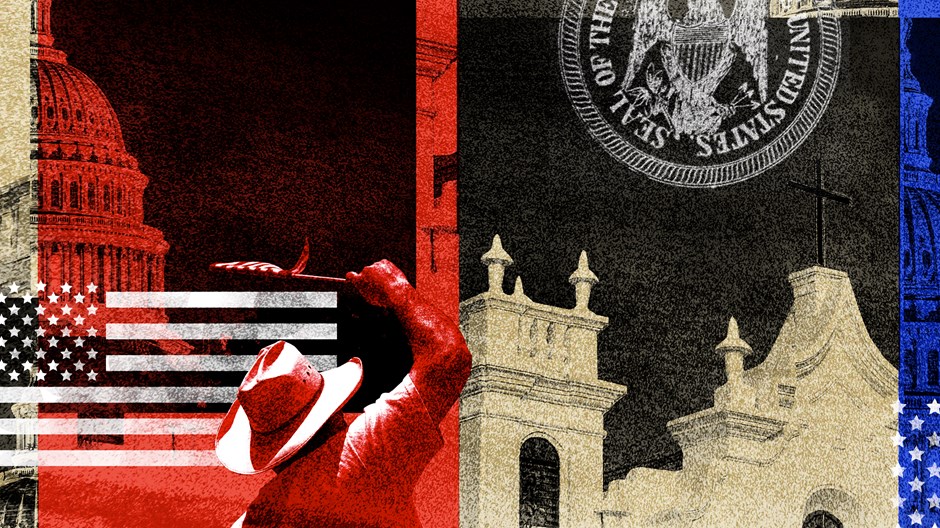
Christian Nationalism? We discussed this topic at last month's meeting of my atheist discussion group. Although Christian Nationalism is understood in a variety of ways, in basic form, it is a conviction that, in essence, the U.S. should be a "Christian" state: church and state are one.
Yet this raises other issues in turn. Prime among them is this question: what is a "Christian" state?
In addition, even if we can define a "Christian" state, how do we know we want one? If we're all Christians, then I guess it wouldn't be a problem. But not everyone in America is a Christian. And that is not likely to change.
In his Commedia, otherwise known as the Divine Comedy, the late medieval writer Dante Alighieri makes very clear, through some of the finest poetry the human imagination has ever produced, that, on balance, the affairs of church and state should be kept separate. Although either is welcome to influence the other, neither should be politically or culturally supreme. As the previous history of the Middle Ages demonstrates to us, to allow otherwise is a recipe for social disaster.
Sure, if we are Christians, we might like for everyone else to be a Christian, too. Muslims feel the same way about their tradition. And we're free to talk with people about such things. But to use the power of the state to do so? It's a non-starter.
Besides, a religion that uses the state to achieve its ends misses the whole point of what a religion should be: a transcendent window into the ways of the world.
No comments:
Post a Comment